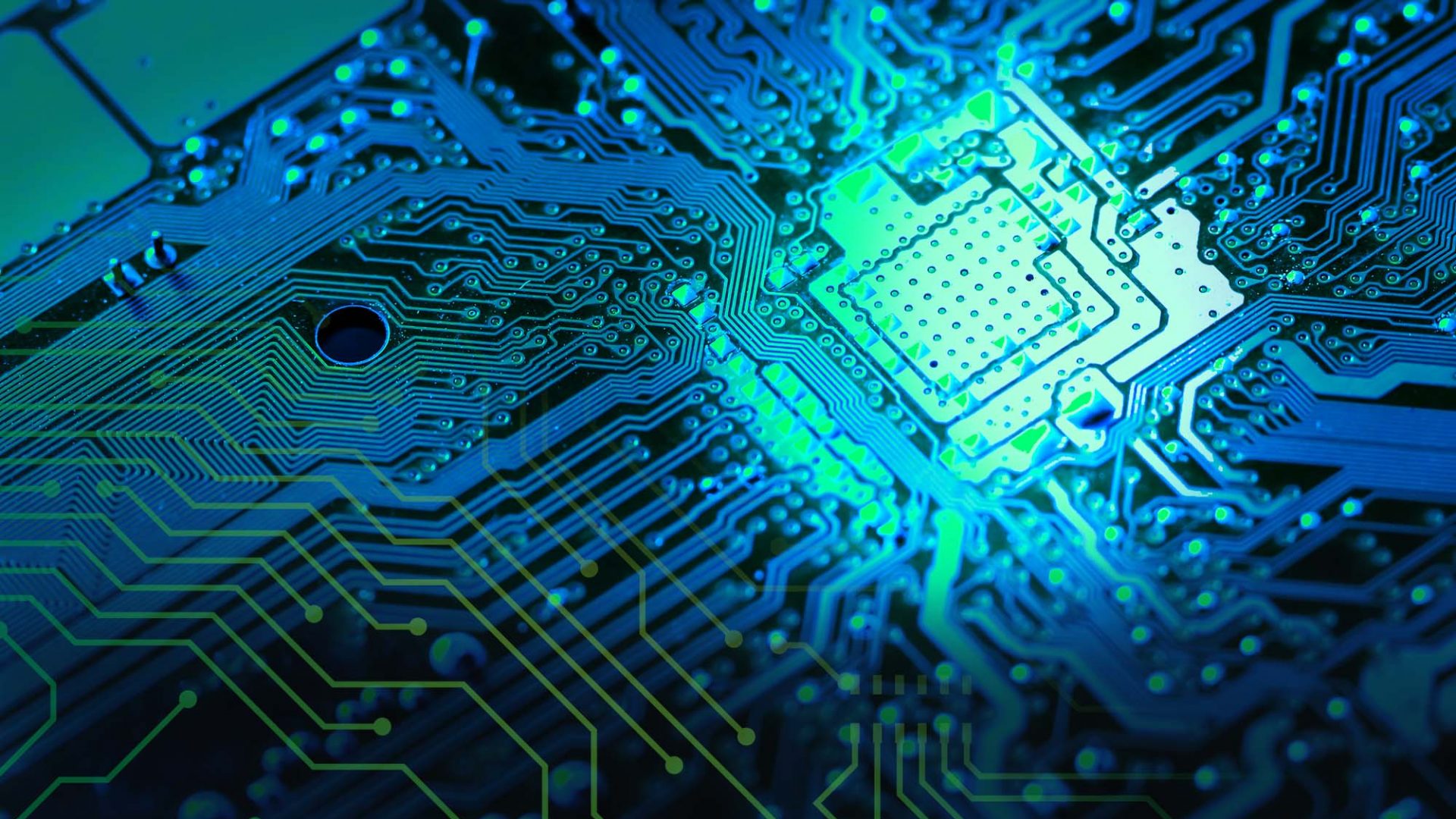Share This Article
What the new quantum semiconductor means for industry
German scientists have developed a quantum semiconductor that is immune to interference. The researchers achieved this by exploiting a topological quantum phenomenon. They have published their discovery in the journal Nature Physics.
Semiconductors are essential elements in electronics. They control the movement of the electrons that make various devices work. Modern technology, car sensors, smartphones and laptops would be impossible to operate without them. Semiconductors are also part of medical devices.
However, these components are sensitive to some factors. For example, temperature fluctuations can cause instability in the movement of electrons. Impurities in the material also have a negative effect on the operation of the devices.
Scientists from the German cluster Ct.Qmat have found a way to make these elements more resistant to external stimuli. They created a quantum semiconductor out of three elements:
- arsenide;
- aluminium arsenide;
- gallium.
The topological shell prevents the system from being affected by various negative factors. Using a two-dimensional semiconductor structure ensures that all currents and connections work smoothly and without interference.

Significance of the development of electronics manufacturing
The scientists’ discovery has important implications for developing the semiconductor industry. Currently, cell manufacturers use different levels of material purification to avoid impurities. This considerably complicates the technological process and increases its cost.
According to Jeroen van den Brink of Ct.Qmat, the scientists’ discovery, marks a new stage in the development of the industry. The introduction of the quantum approach can potentially simplify the manufacture of semiconductors. The topological coating eliminates the need for multi-level cleaning and makes the device more durable. This improves the accuracy and reliability of the component and the device.
Quantum materials with topological protection have a high level of durability. This quality is crucial for power-hungry devices, such as most modern gadgets.
With the help of topological coatings, scientists can create new types of high-performance devices based on quantum materials. In addition, such elements are small, reducing the weight and size of devices. For example, the diameter of a quantum semiconductor developed by German scientists is only 0.1 mm. At the same time, developers are pointing to the possibility of further size reductions.
The German researchers were the first to apply topological protection to semiconductor material. Previously, scientists had only applied the coating to artificial materials. Moreover, they were not at the same microscopic level as the designated element. In addition to resistance to stimuli, the quantum semiconductor provides a better connection between the contacts. The contacts become both robust and sensitive to current or voltage fluctuations. These properties make the device ideal for the manufacture of ultra-sensitive sensors.

